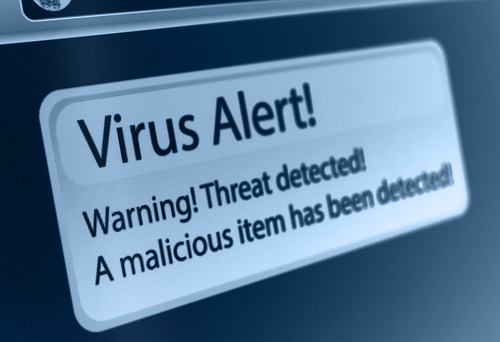

Is It Malware Or A Virus?
Malware infects your computer and affects its performance. Or is that a computer virus? Are they the same thing?
Lincoln Spector, of PC World, writes that the difference between malware and virus is ambiguous at best. Technically, a virus is a form of malware. That’s not always the way it’s used today, however.
Not only is a virus a form of malware, but trojans, worms and rootkits are also. Malware is classified as a piece of code that infects your computer and performs actions independent of the user, which is you. To simplify, it’s something that has found a way onto your computer, by way of a download, upload, or a number of other ways, and is doing things without your knowledge, like monitoring your activity, harvesting data or spamming your address book.
A virus falls into the malware category because it infects your computer and is capable of performing independent actions. A virus infects an existing file and corrupts it. But, there aren’t many viruses around today because they’re seen as inefficient by cyber criminals.
The reason the terms malware and virus have become interchangeable is because computers and malicious programs existed before ‘malware’ became a term. So, whenever anyone spotted one of these malicious programs and in the 1980’s and 90’s, they referred to them as a virus. That’s been a hard habit to break even as we now understand the differences between unique forms of malware.
While your security software is called ‘antivirus’, it likely protects you from a variety of malware. To simplify security, call Geek Rescue at 918-369-4335. We understand malware and viruses and, more importantly, know how to keep you safe and secure.
September 20th, 2013








